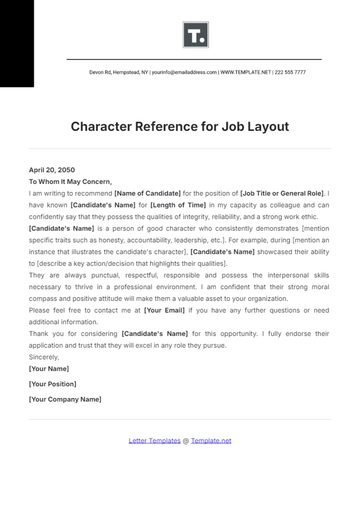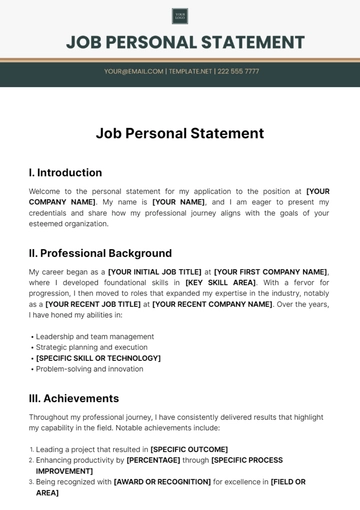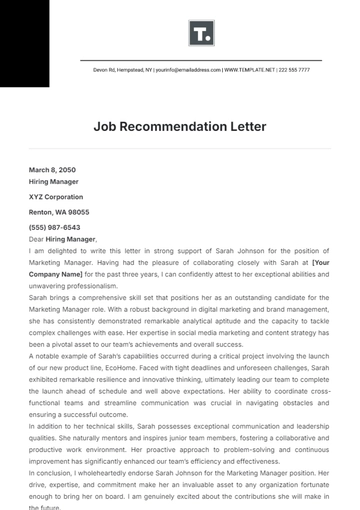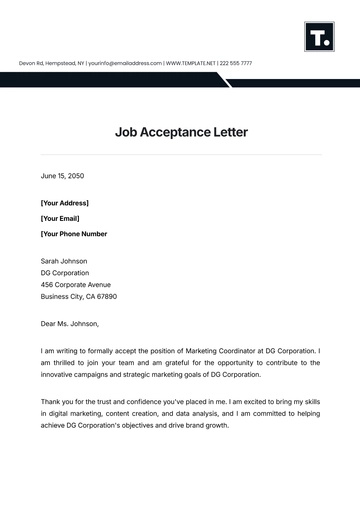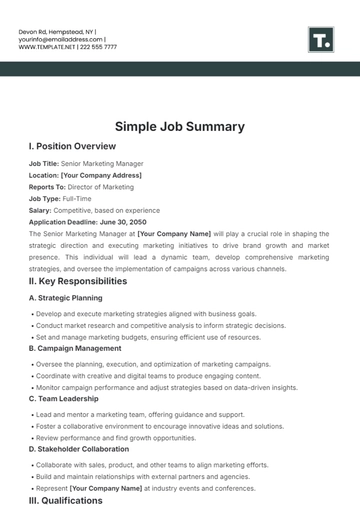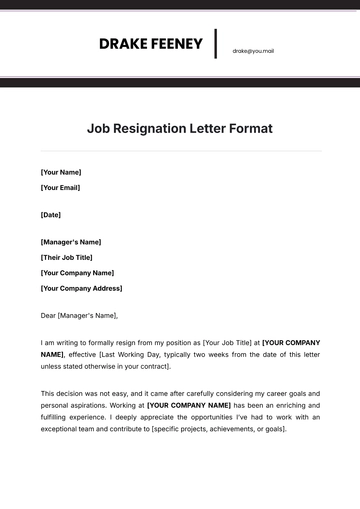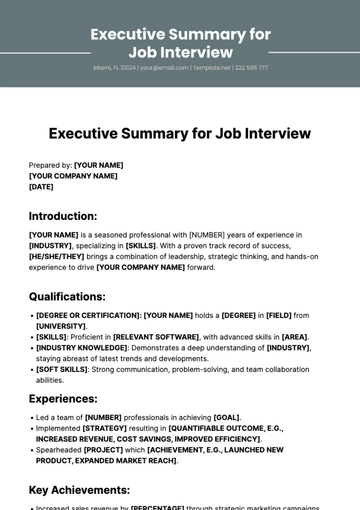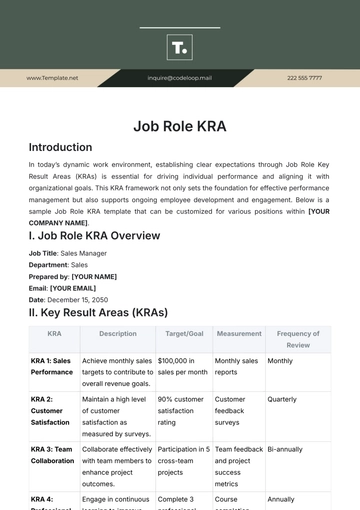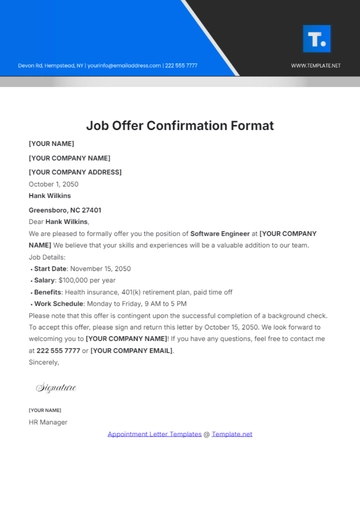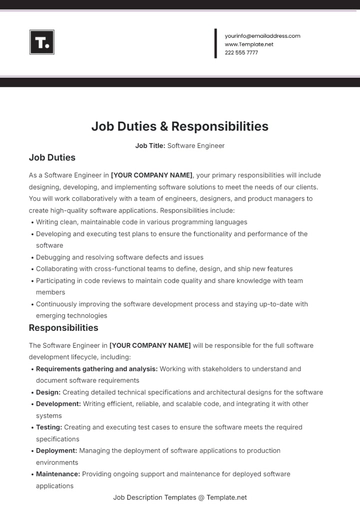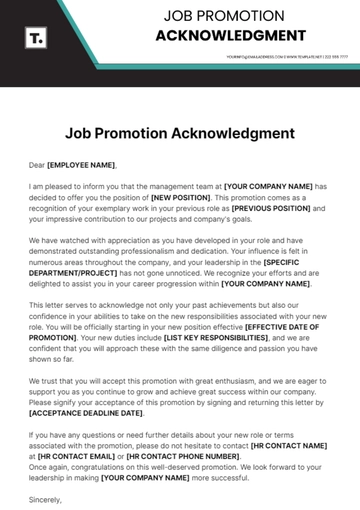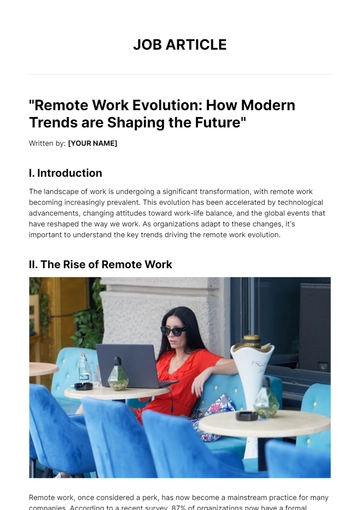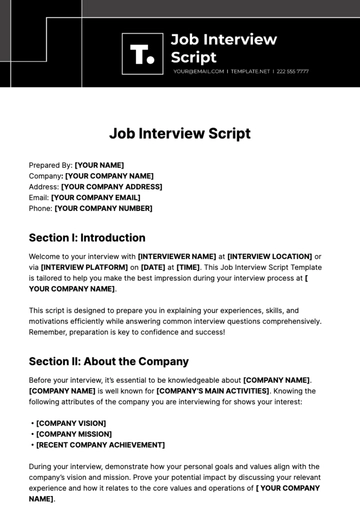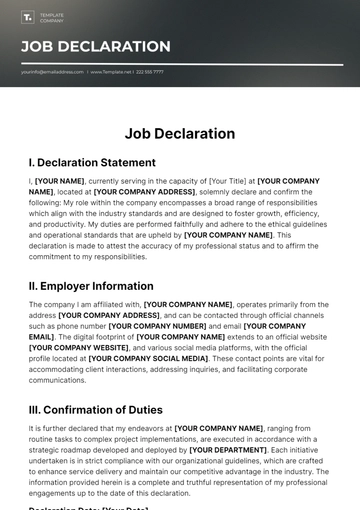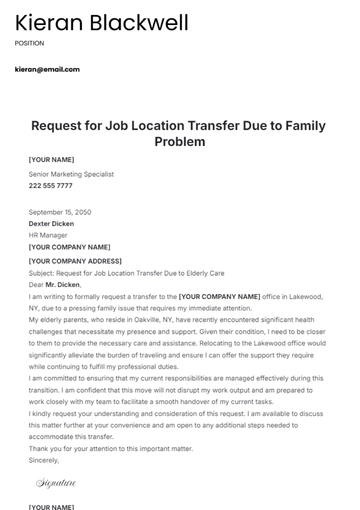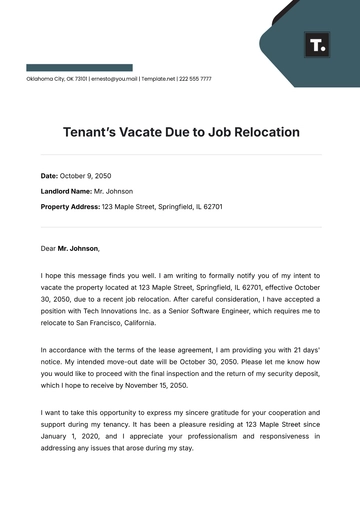Free Job Article
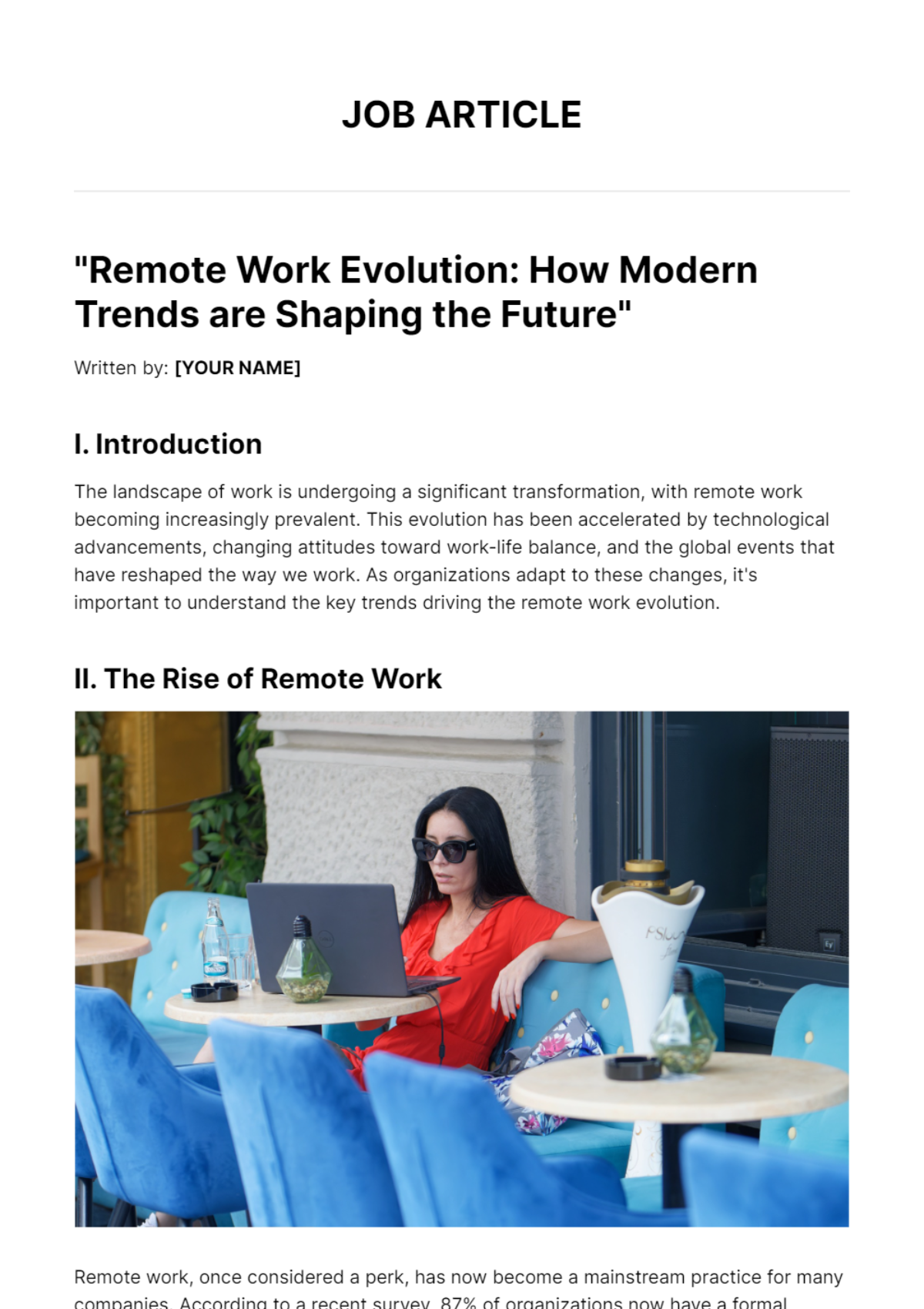
"Remote Work Evolution: How Modern Trends are Shaping the Future"
Written by: [YOUR NAME]
I. Introduction
The landscape of work is undergoing a significant transformation, with remote work becoming increasingly prevalent. This evolution has been accelerated by technological advancements, changing attitudes toward work-life balance, and the global events that have reshaped the way we work. As organizations adapt to these changes, it's important to understand the key trends driving the remote work evolution.
II. The Rise of Remote Work

Remote work, once considered a perk, has now become a mainstream practice for many companies. According to a recent survey, 87% of organizations now have a formal remote work policy in place, up from just 52% before the pandemic. This shift has been driven by the realization that remote work can lead to increased productivity and employee satisfaction.
III. Technological Advancements

Advancements in technology have played a crucial role in enabling remote work. High-speed internet, cloud computing, and collaboration tools have made it easier for employees to work from anywhere, at any time. Video conferencing platforms like Zoom and Microsoft Teams have become essential tools for remote teams to stay connected and collaborate effectively.
The adoption of remote work tools has skyrocketed, with Microsoft reporting a 200% increase in Teams usage for calls and meetings in 2023 compared to pre-pandemic levels.
IV. Changing Attitudes Towards Work
Millennials and Gen Z, who prioritize flexibility and work-life balance, are driving the shift towards remote work. According to a survey by FlexJobs, 75% of millennials believe that a remote work policy is important when considering a new job. This demographic shift is forcing employers to rethink their approach to work and adapt to the changing expectations of their employees.
V. Challenges and Opportunities

While remote work offers numerous benefits, it also presents challenges. Maintaining work-life balance, combating feelings of isolation, and ensuring effective communication are some of the key challenges faced by remote workers. However, companies that embrace remote work stand to gain a competitive advantage by accessing a global talent pool, reducing overhead costs, and fostering a more inclusive work environment.
VI. The Future of Remote Work

The future of work is undoubtedly remote. As technology continues to advance and attitudes towards work evolve, remote work will become even more prevalent. According to a report by Upwork, by 2028, 73% of all departments will have remote workers, up from 42% in 2021. Companies that prioritize flexibility and embrace remote work will thrive in the new era of work, while those that resist change may struggle to attract and retain top talent.
VII. Conclusion
In conclusion, remote work is not just a trend but a fundamental shift in the way we work. Embracing remote work offers numerous benefits for both employees and employers and is essential for staying competitive in today's fast-paced world. By understanding the key trends driving the remote work evolution, companies can adapt and thrive in the new era of work.
[YOUR COMPANY NAME] is a leader in [YOUR COMPANY'S INDUSTRY], providing innovative solutions for remote work and flexible work arrangements. For more information, visit [YOUR COMPANY WEBSITE].
- 100% Customizable, free editor
- Access 1 Million+ Templates, photo’s & graphics
- Download or share as a template
- Click and replace photos, graphics, text, backgrounds
- Resize, crop, AI write & more
- Access advanced editor
Land your dream job with our Job Article Template from Template.net. This customizable template, editable to match your career goals, is perfect for sharing resume tips, interview advice, and industry insights. With our AI Editor Tool, you can create professional articles that help you stand out in the job market.

